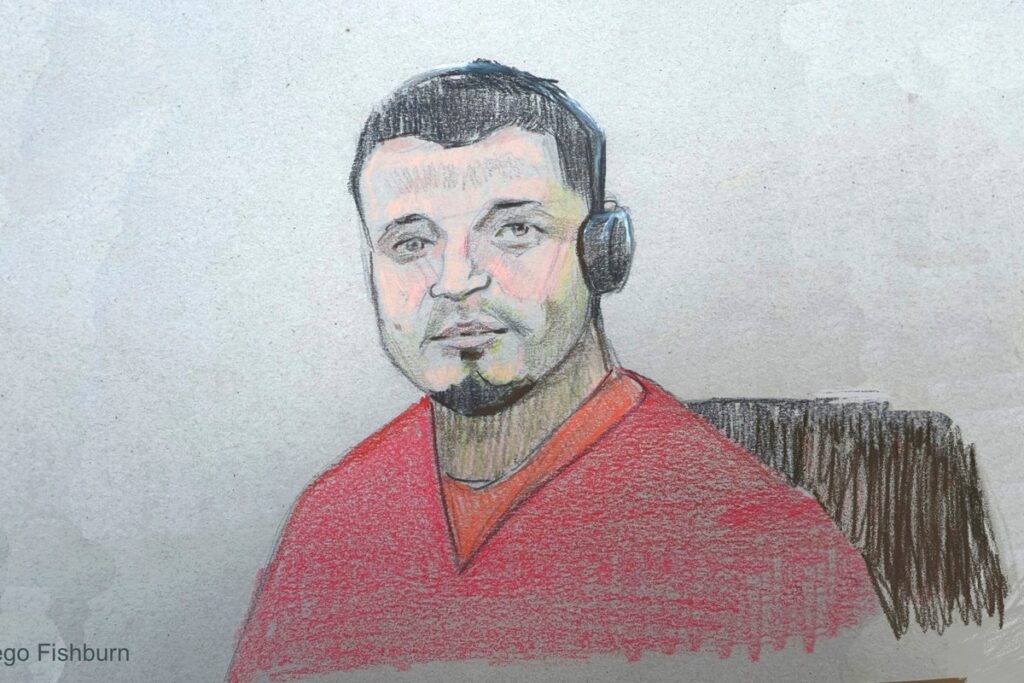Kilmar Abrego Garcia, a former Maryland resident, has made serious allegations of mistreatment during his incarceration in an El Salvador prison, according to court documents filed on Wednesday. Abrego Garcia claims he was subjected to severe beatings, sleep deprivation, and psychological torture after being deported by the Trump administration in March. These claims have been added to a lawsuit filed by his wife in a Maryland federal court.
The case has become a focal point in the ongoing debate over immigration policies under former President Donald Trump. Abrego Garcia’s deportation was initially described as a mistake, and his subsequent experiences have intensified scrutiny on the administration’s handling of deportation cases. The Trump administration has requested the dismissal of the lawsuit, arguing that the case is moot since Abrego Garcia has been returned to the United States as per court orders.
Background of the Deportation
Abrego Garcia’s deportation in March was part of a broader crackdown on immigration under the Trump administration. His case drew significant attention due to the circumstances surrounding his removal from the United States. Living in Maryland at the time, Abrego Garcia was mistakenly deported to El Salvador, a country he had left years ago.
The deportation process under the Trump administration was often criticized for its aggressive tactics and lack of due process. Abrego Garcia’s case exemplifies these criticisms, highlighting the potential for errors and the severe consequences they can entail.
Allegations of Abuse in El Salvador
Once in El Salvador, Abrego Garcia alleges he faced inhumane conditions. According to the court documents, he endured severe physical abuse and was denied adequate rest, a tactic often used to break down prisoners psychologically. These allegations have raised questions about the treatment of deportees in foreign prisons and the responsibilities of the U.S. government in ensuring their safety.
“The conditions described by Abrego Garcia are deeply troubling and warrant a thorough investigation,” said a spokesperson for Human Rights Watch.
The allegations of psychological torture, in particular, have drawn attention to the broader issue of human rights abuses in prisons worldwide. Experts note that such practices are not uncommon in regions with high levels of corruption and weak oversight.
Legal Implications and Responses
The lawsuit filed by Abrego Garcia’s wife seeks accountability from the U.S. government for his wrongful deportation and the subsequent abuse he suffered. The Trump administration’s request to dismiss the case hinges on the argument that since Abrego Garcia has been returned, the legal matter should be considered resolved.
However, legal experts argue that the case raises important questions about governmental responsibility and the protection of individuals’ rights. The outcome of this lawsuit could set a precedent for how similar cases are handled in the future.
“This case is about more than just one man’s ordeal. It’s about ensuring that such mistakes do not happen again,” said a legal analyst familiar with the case.
Looking Forward
The court’s decision on whether to proceed with the lawsuit will likely have significant implications for immigration policy and the treatment of deportees. If the case is allowed to continue, it could lead to increased scrutiny of past deportations and potentially influence future policy changes.
Meanwhile, human rights organizations continue to call for greater oversight and accountability in the deportation process. The situation underscores the ongoing challenges in balancing national security with the protection of individual rights.
As the legal battle unfolds, the story of Kilmar Abrego Garcia serves as a poignant reminder of the human impact of immigration policies and the importance of safeguarding human rights in all circumstances.
